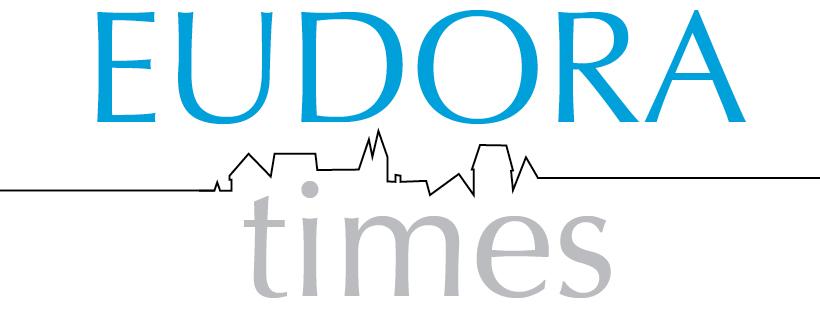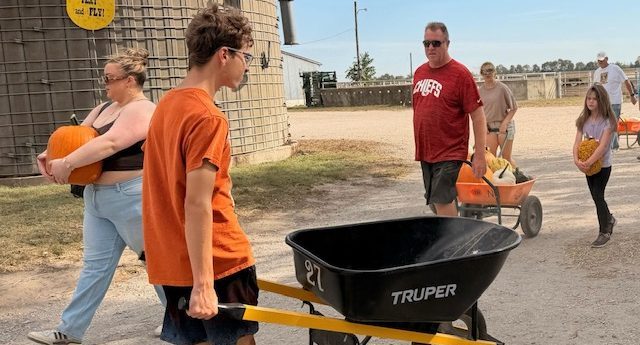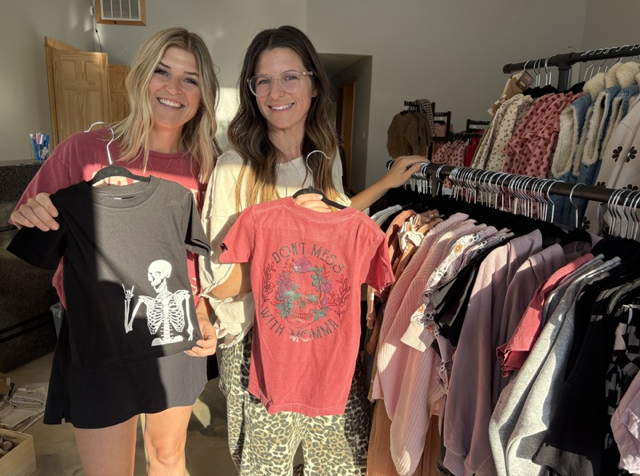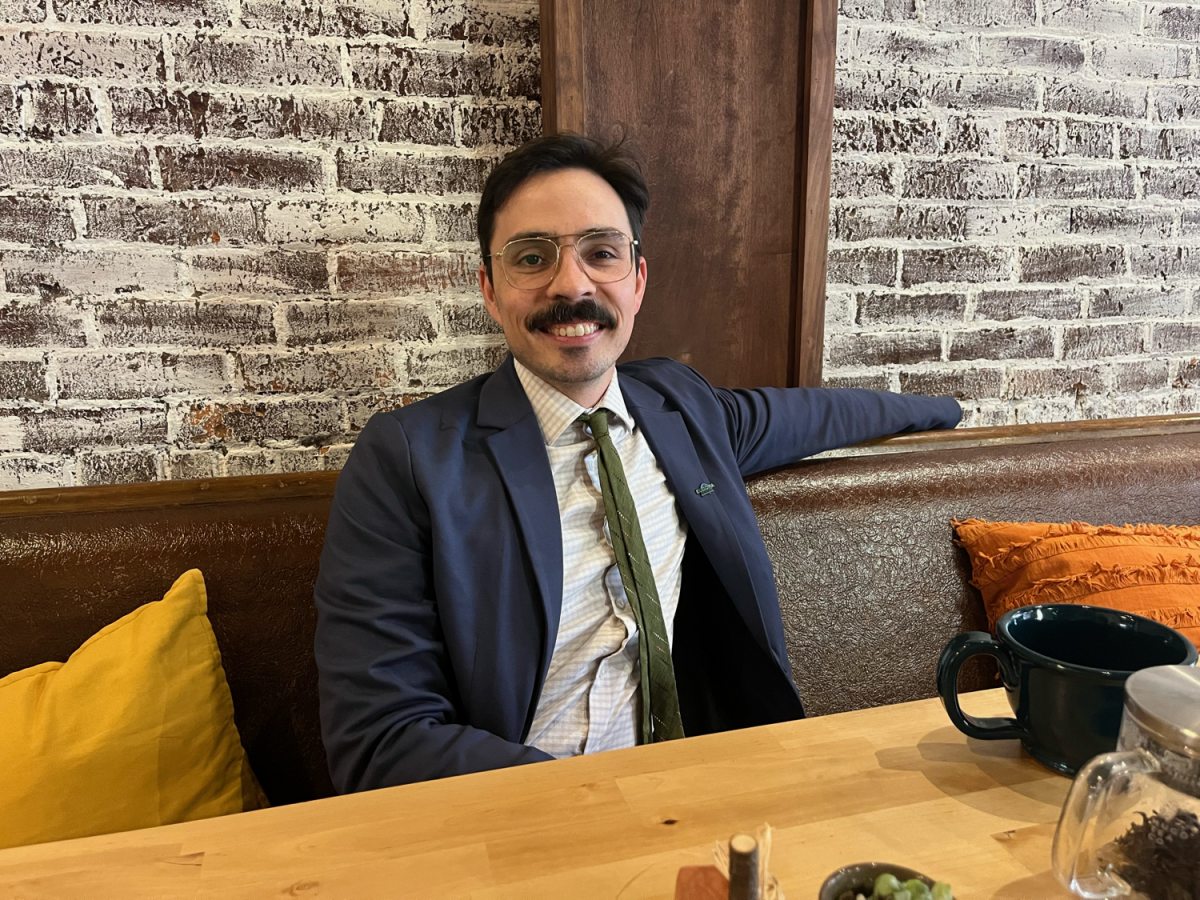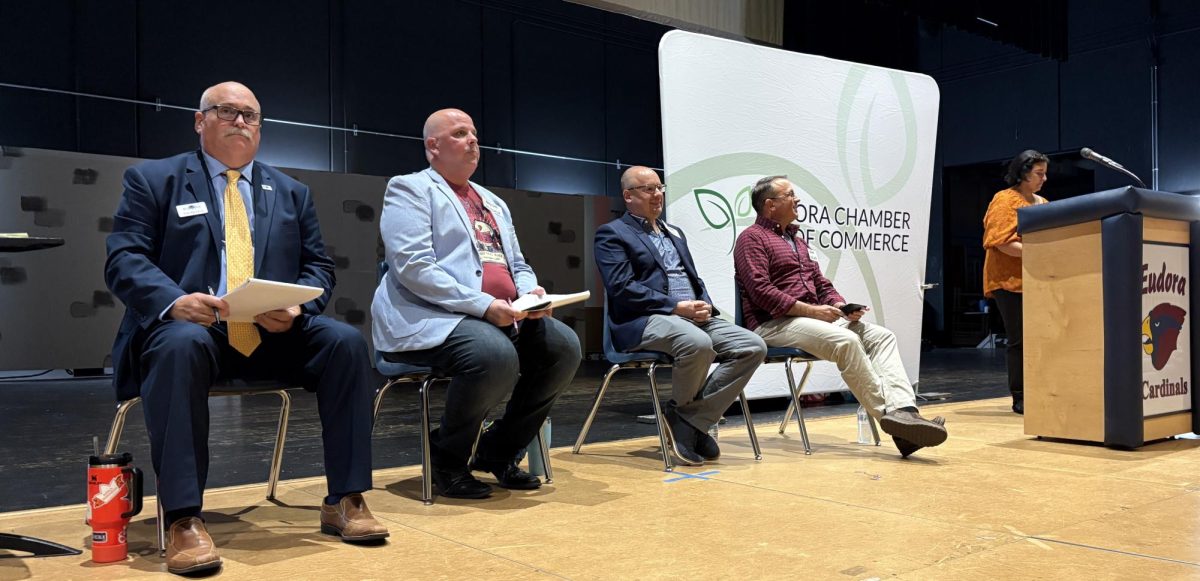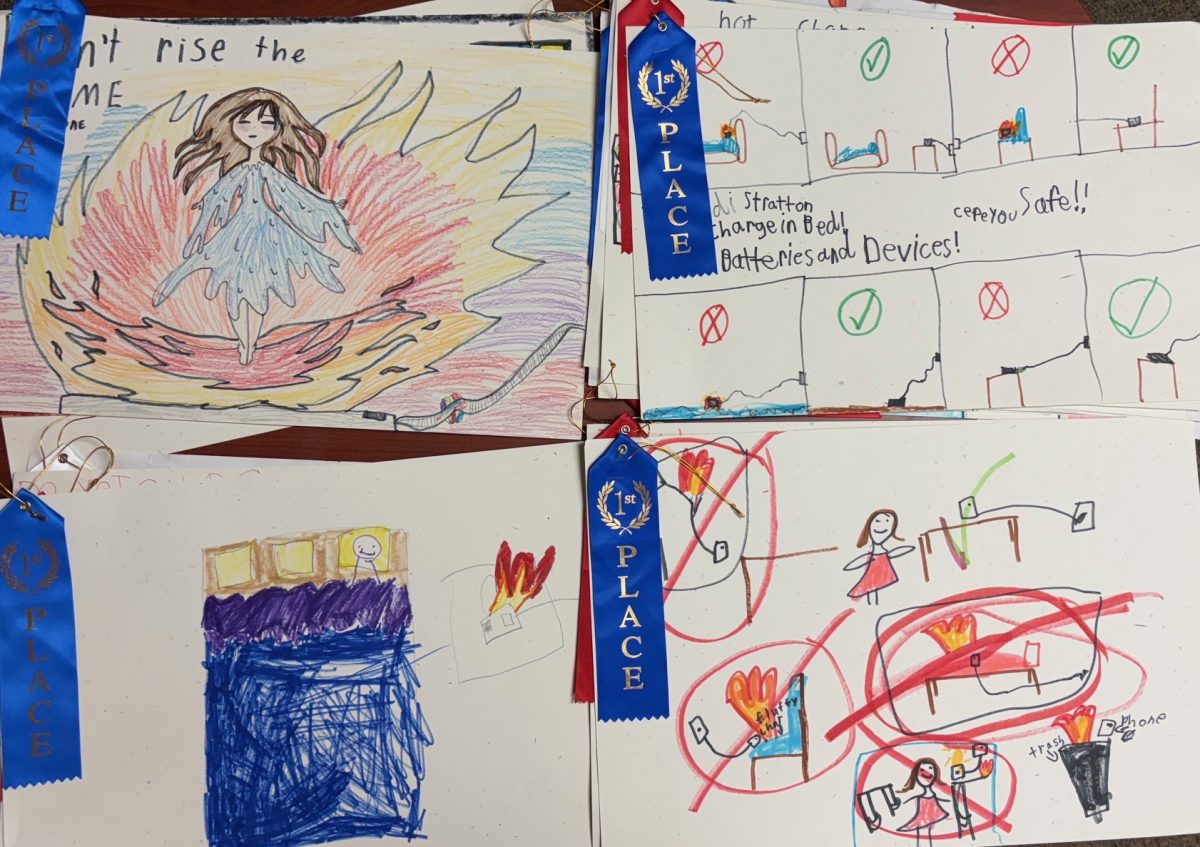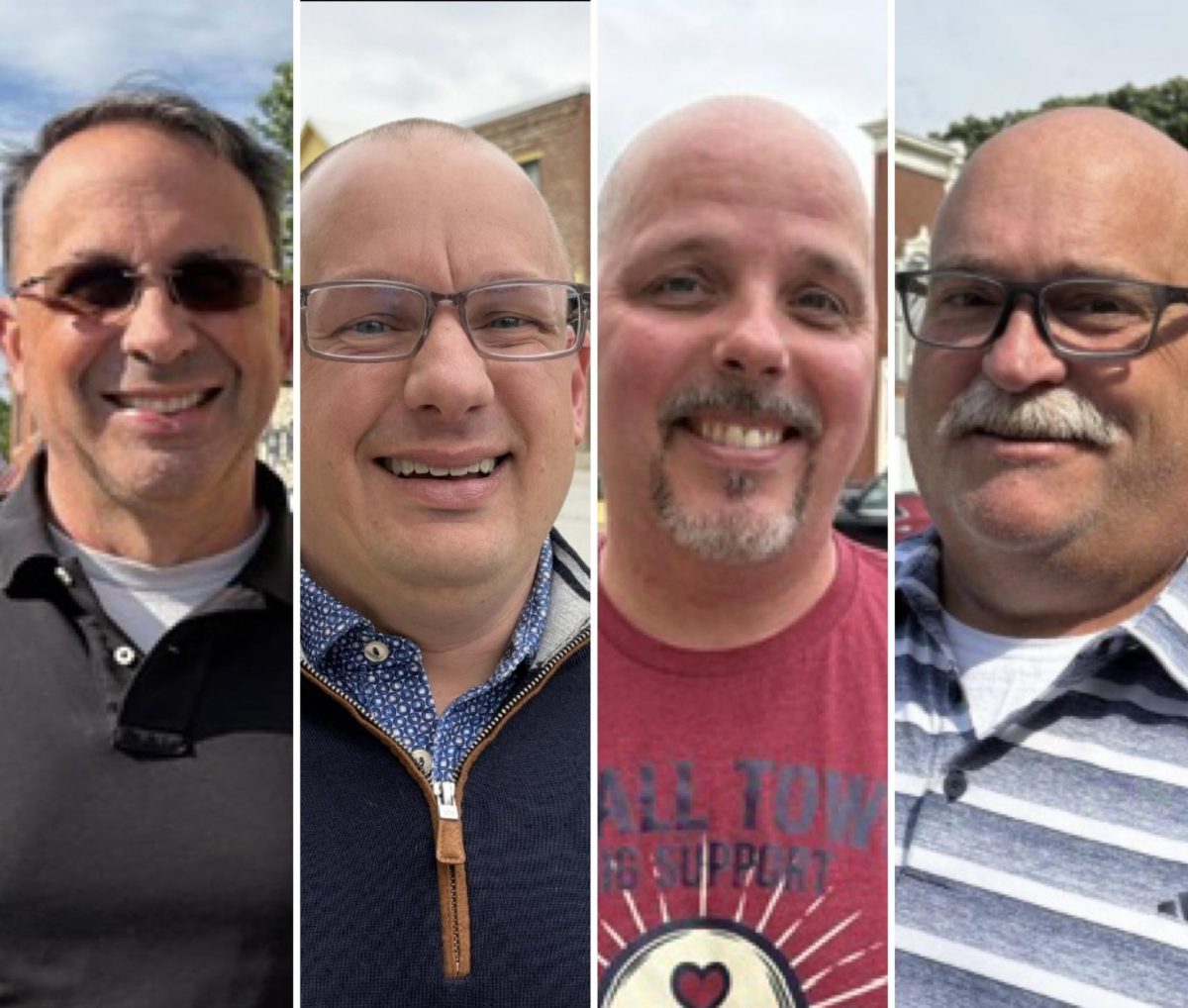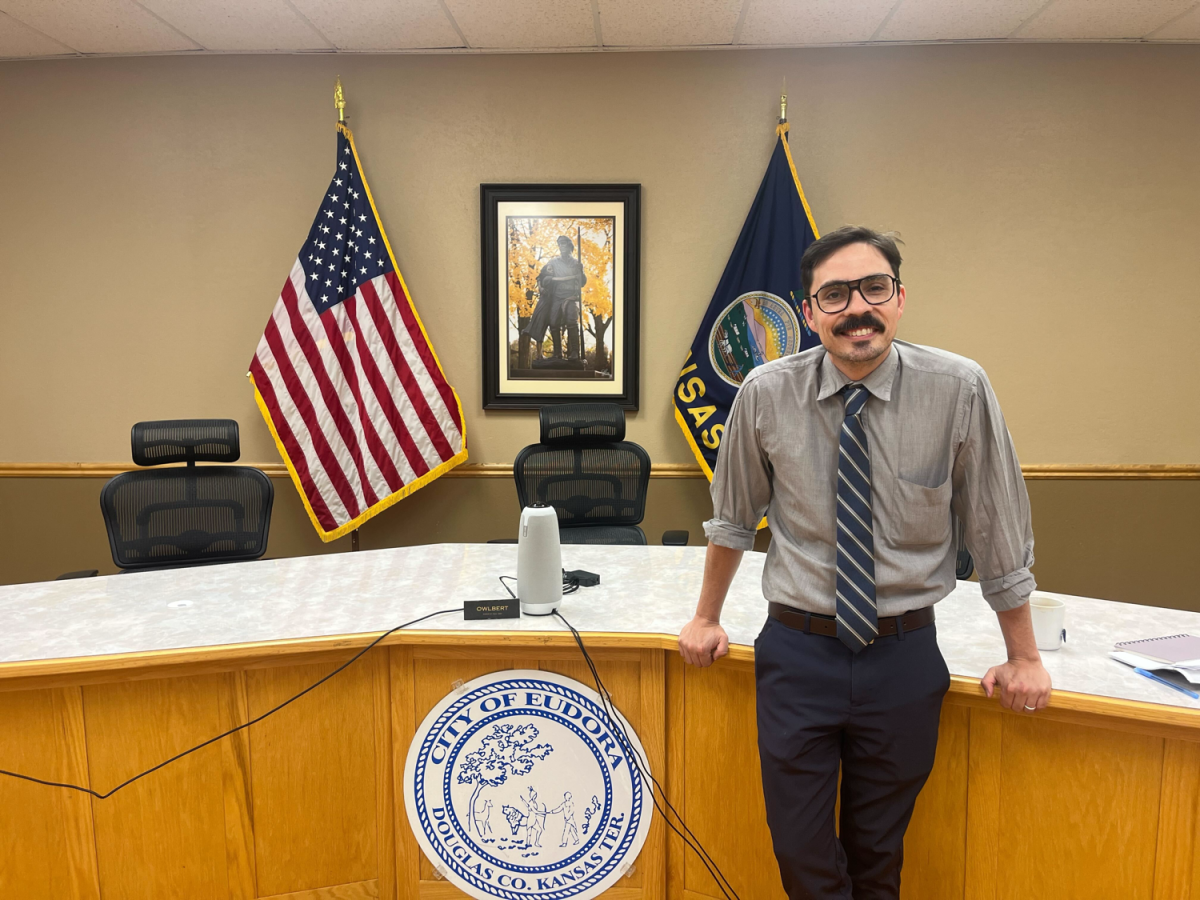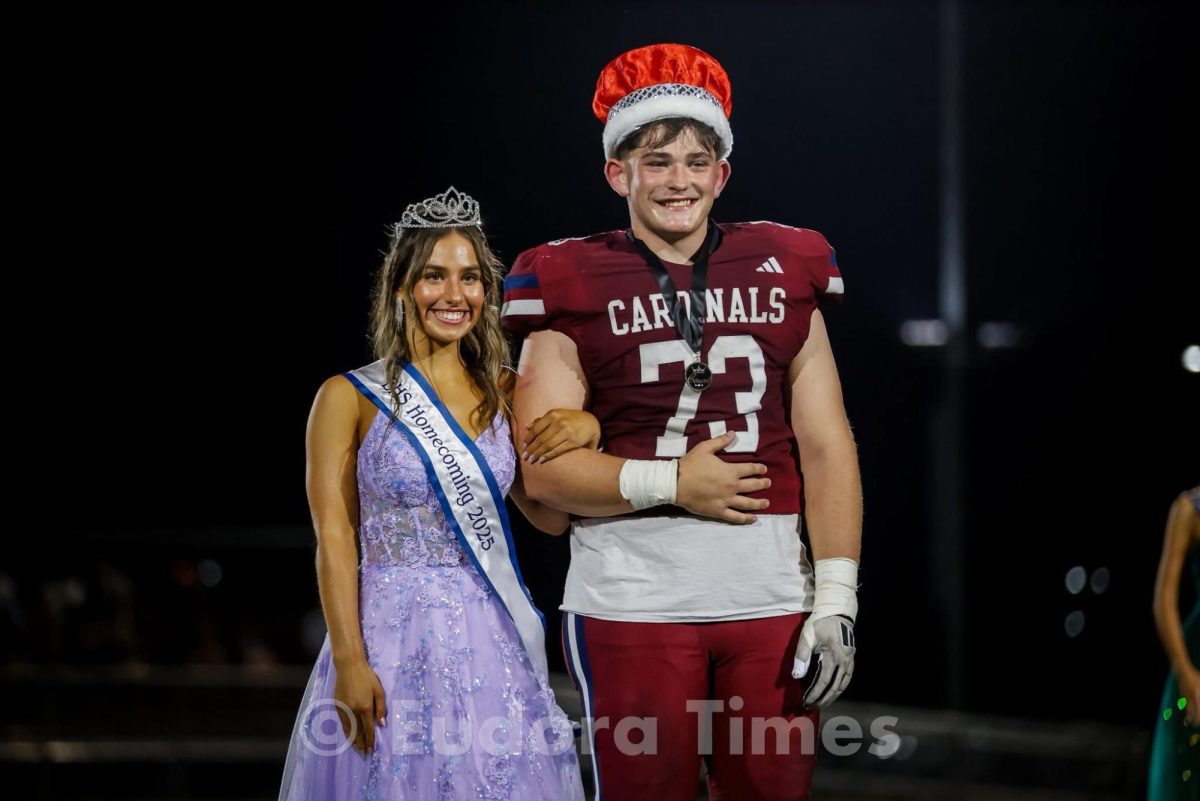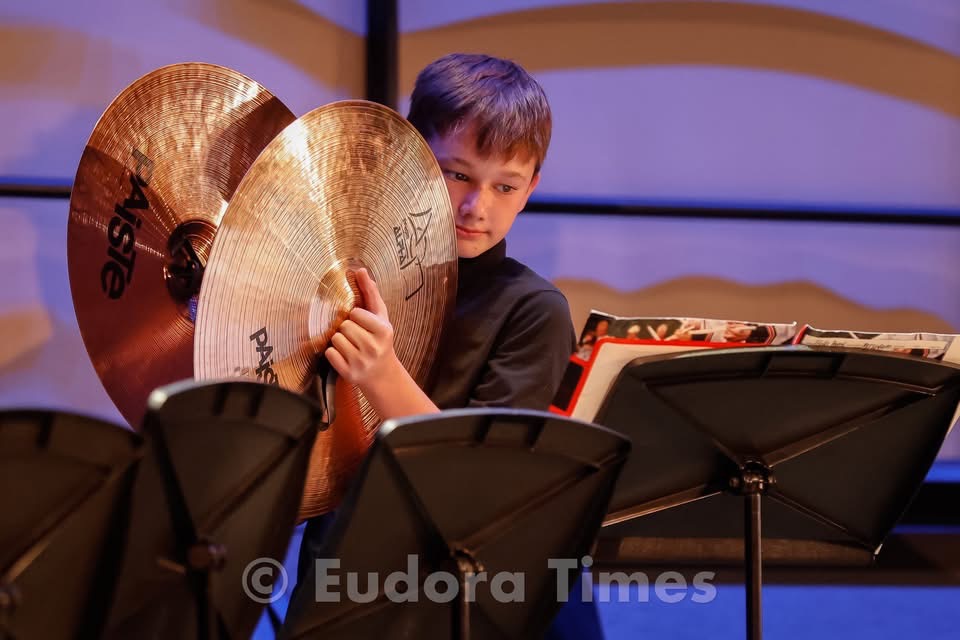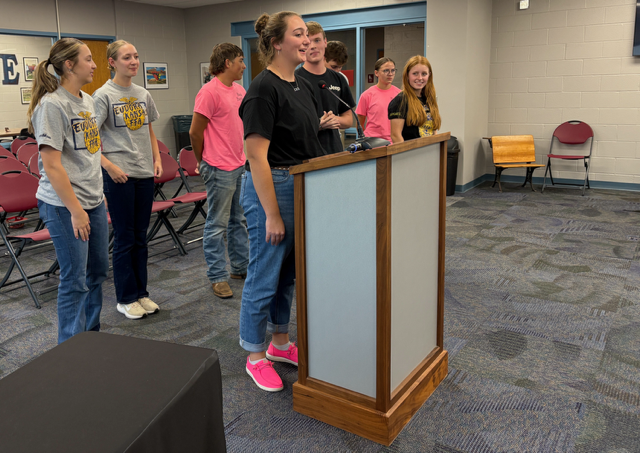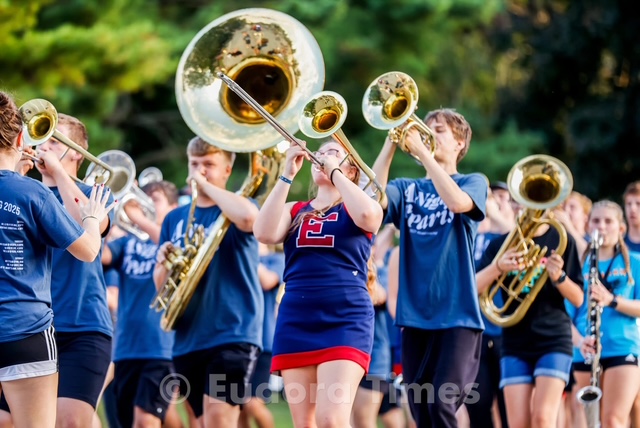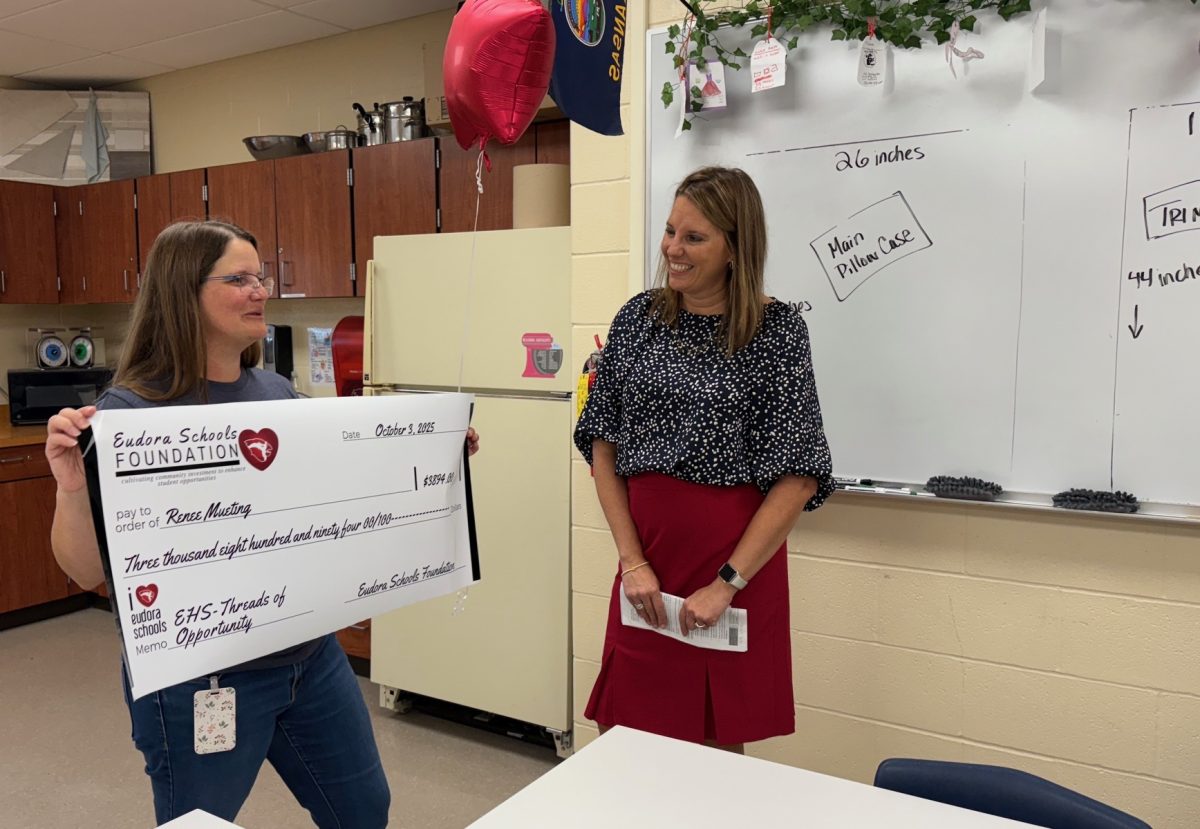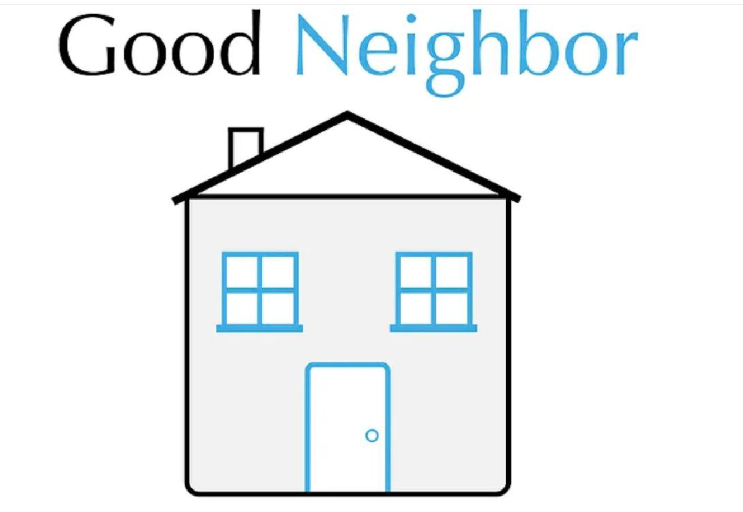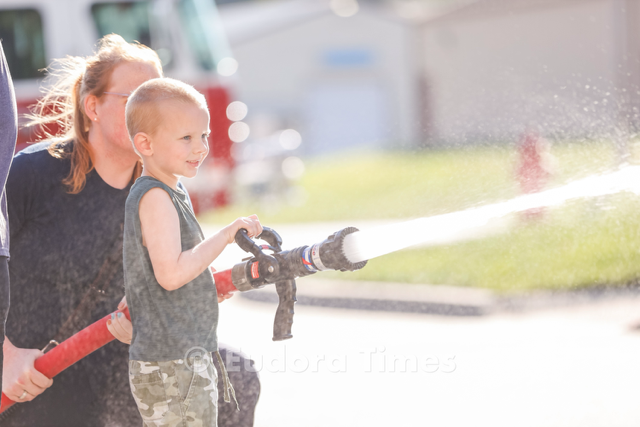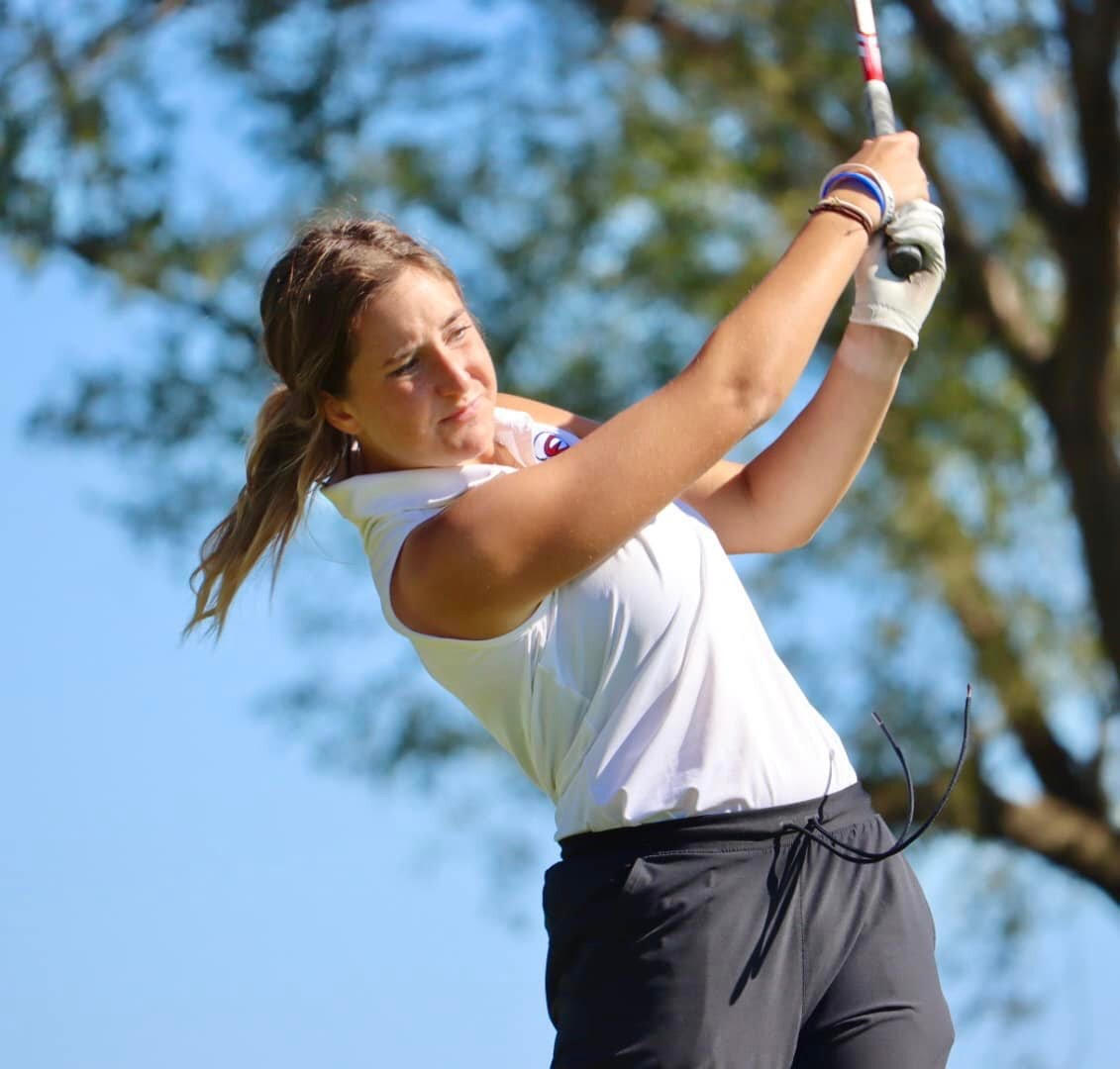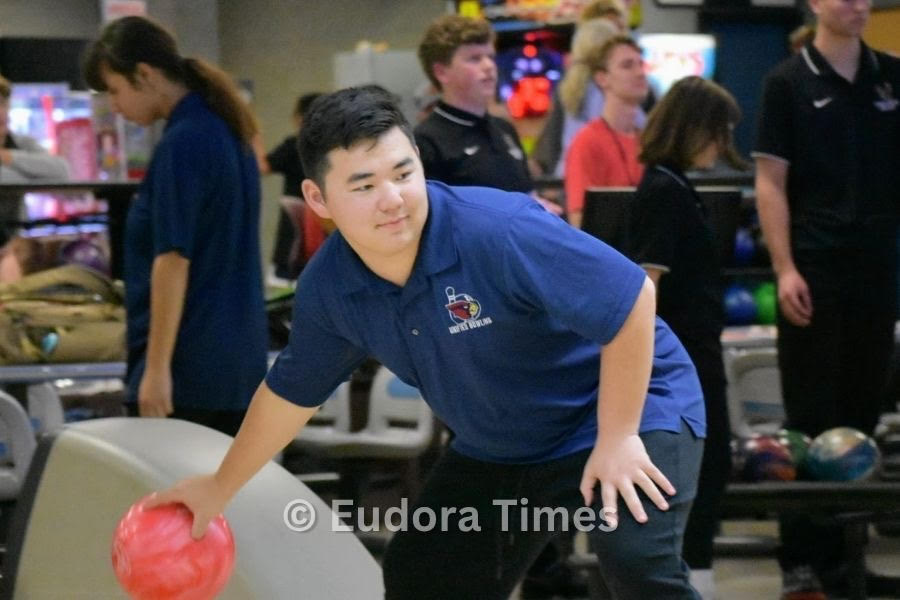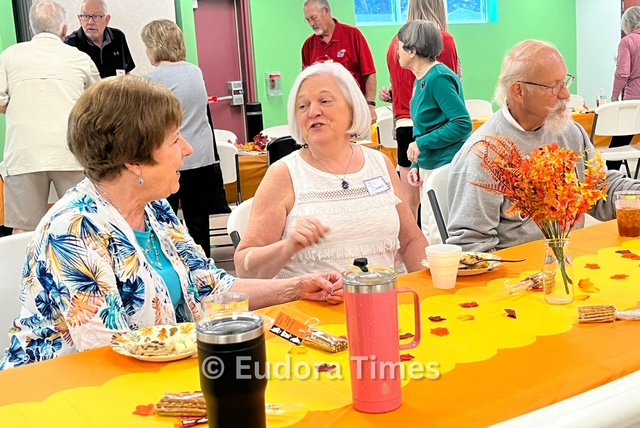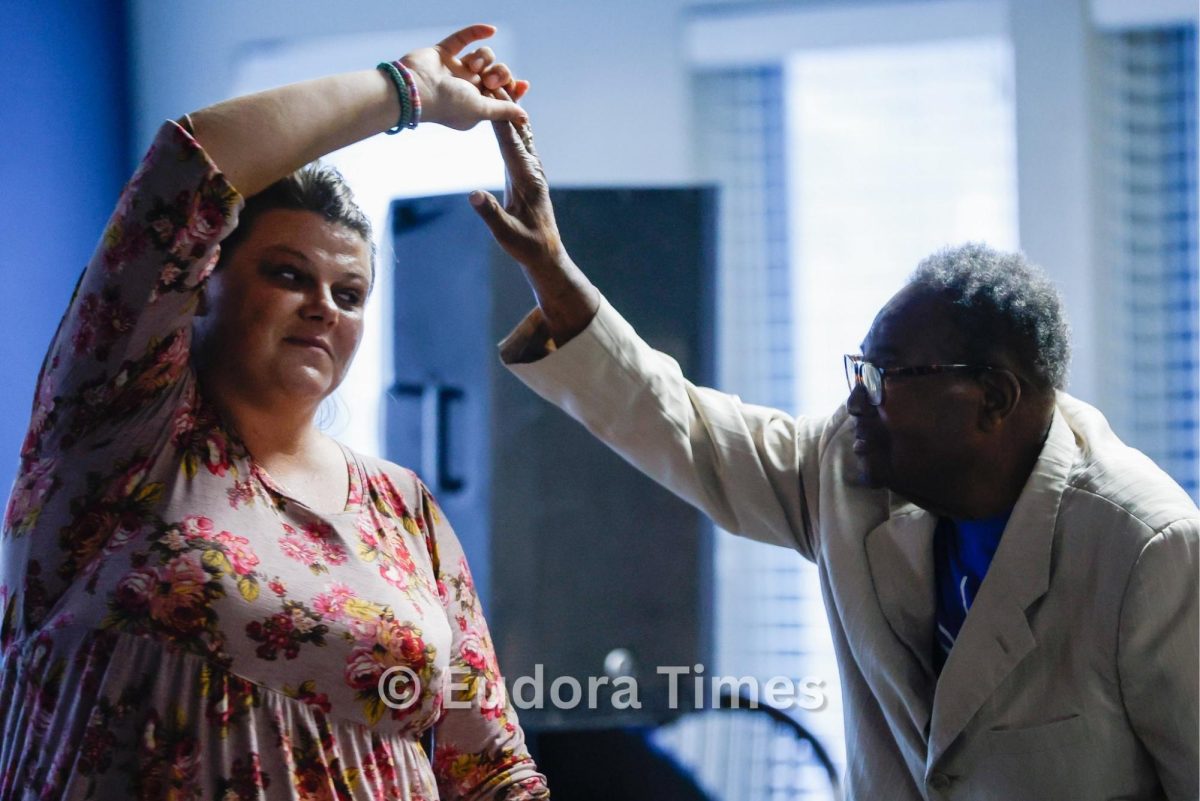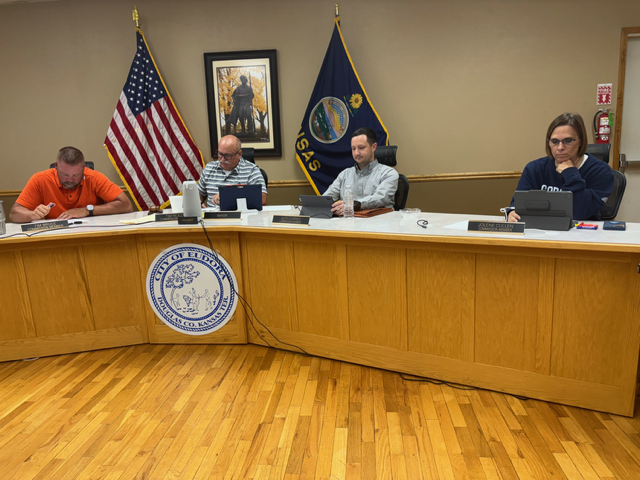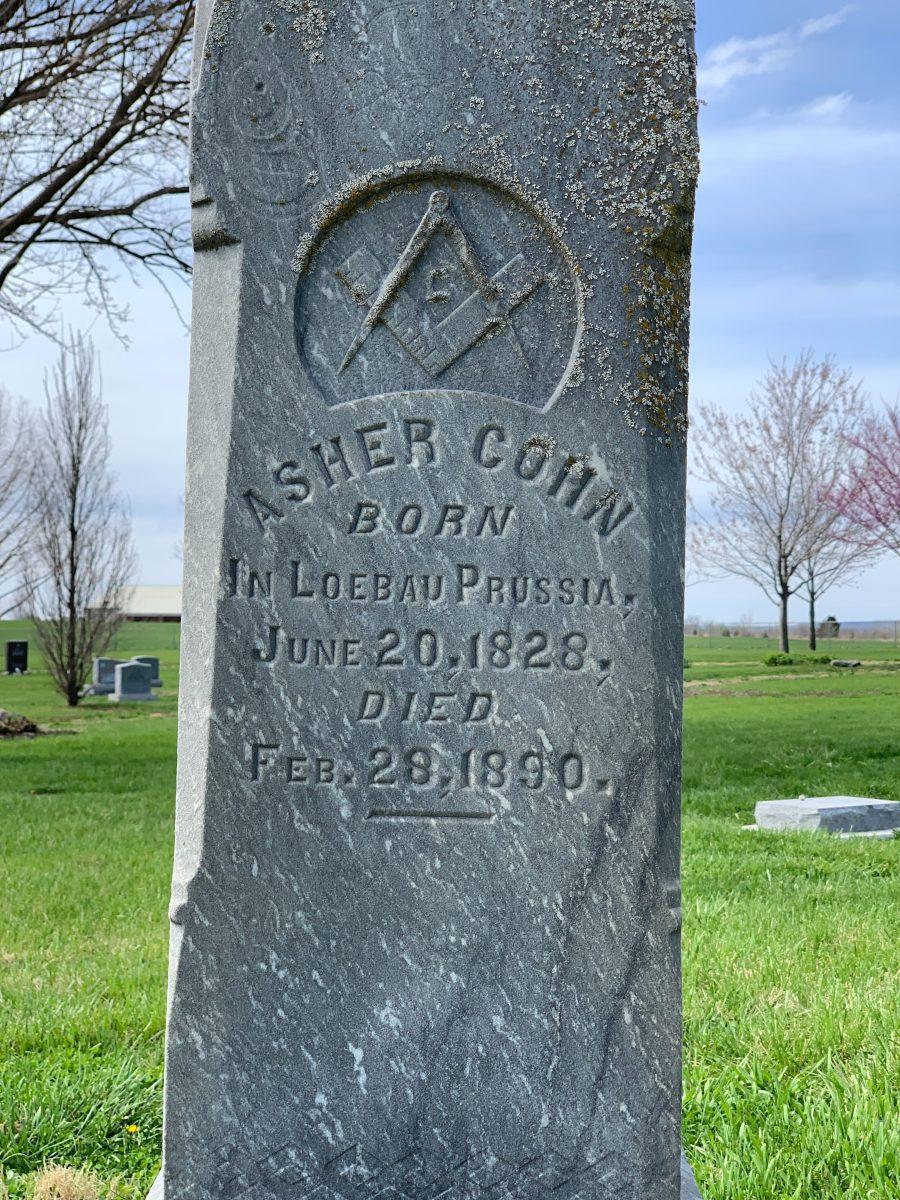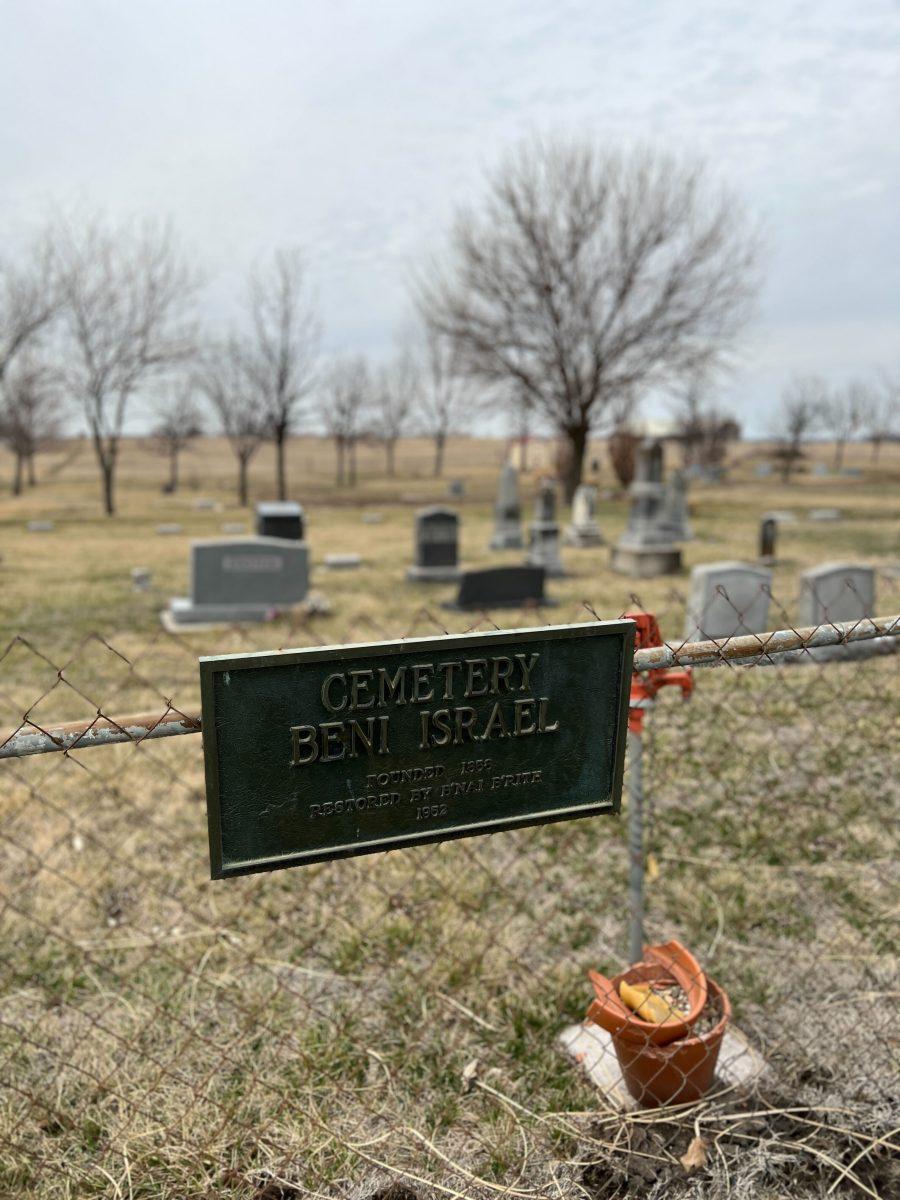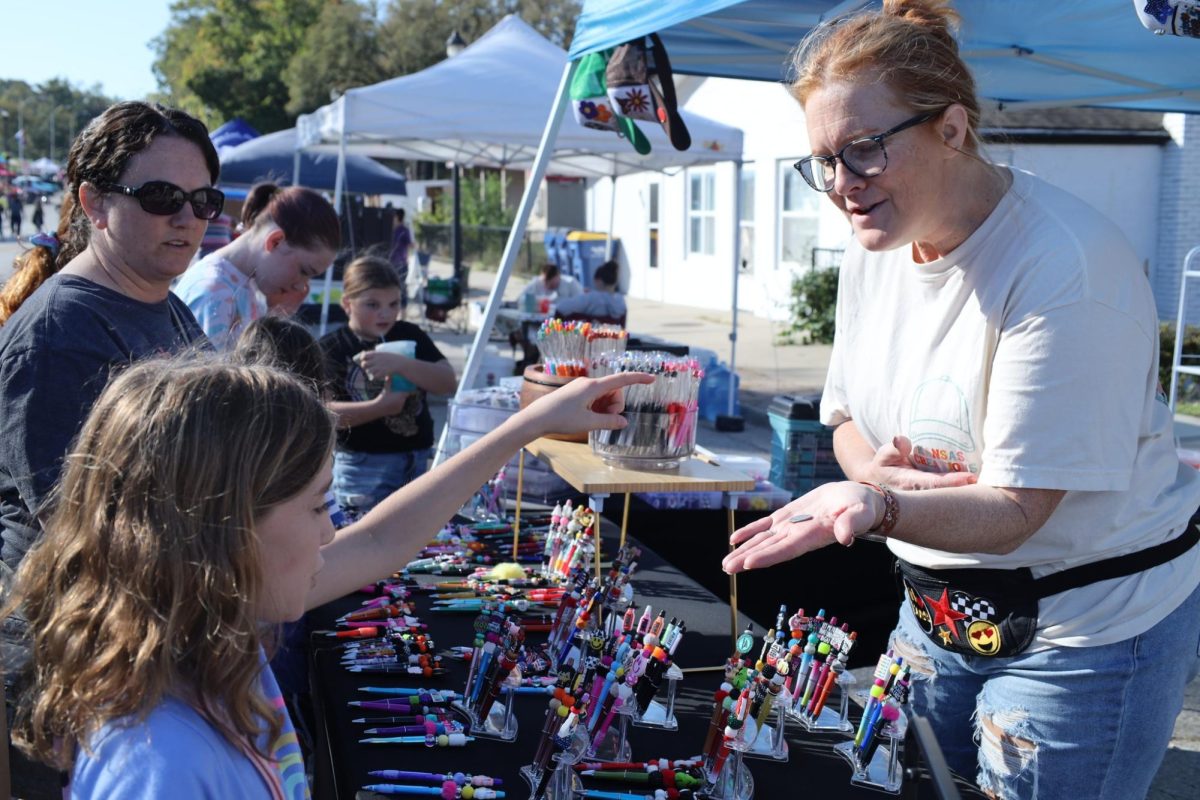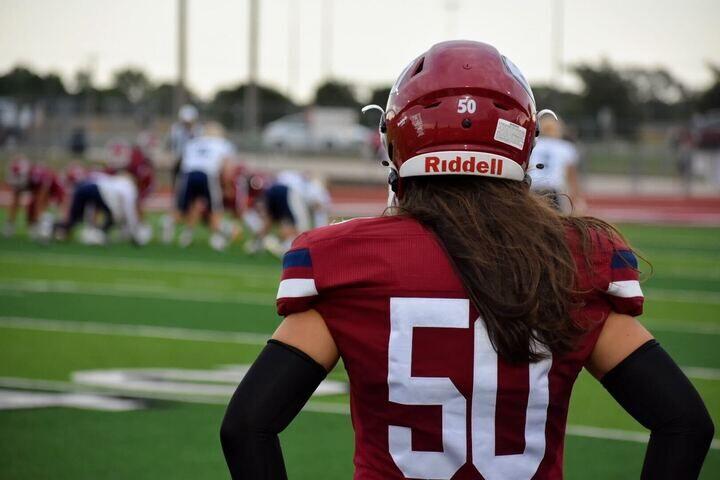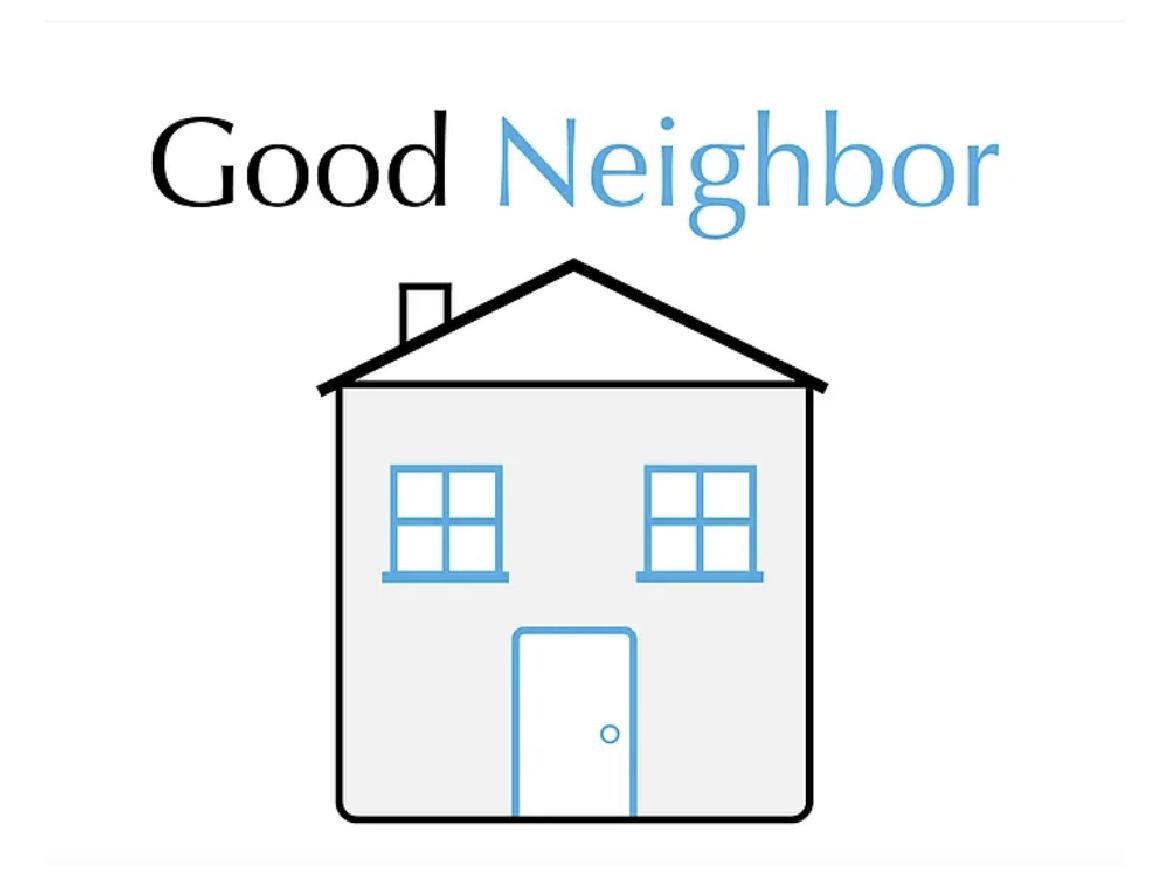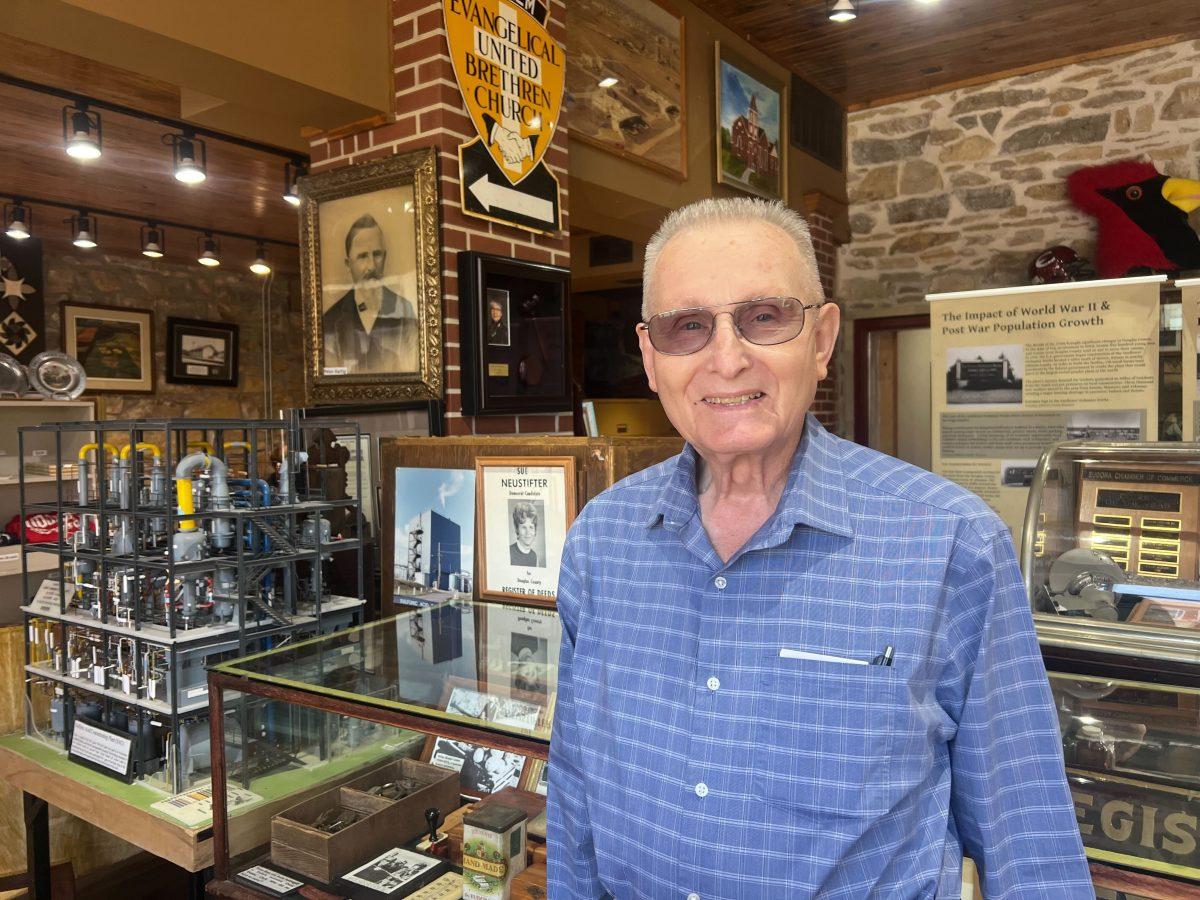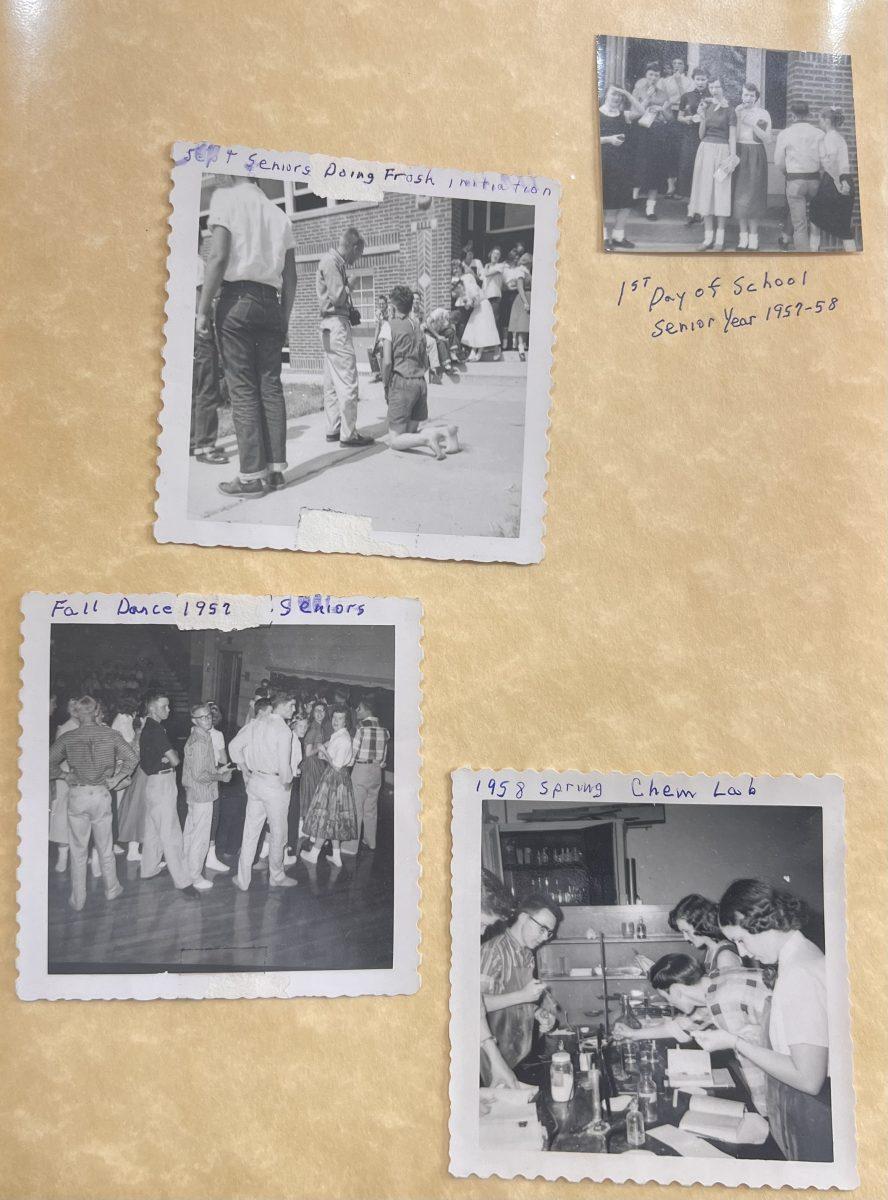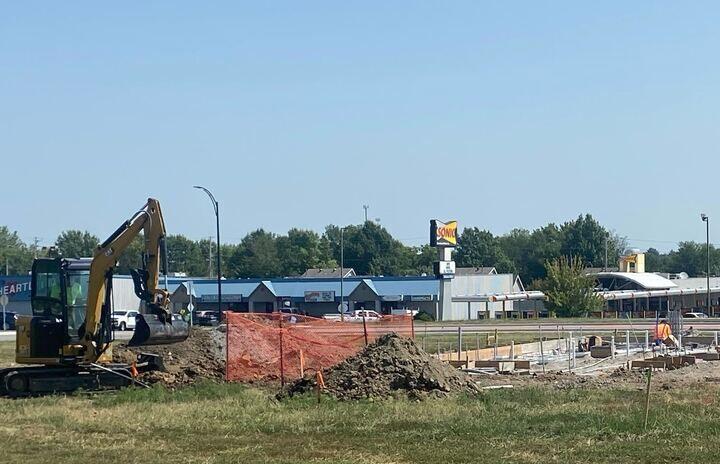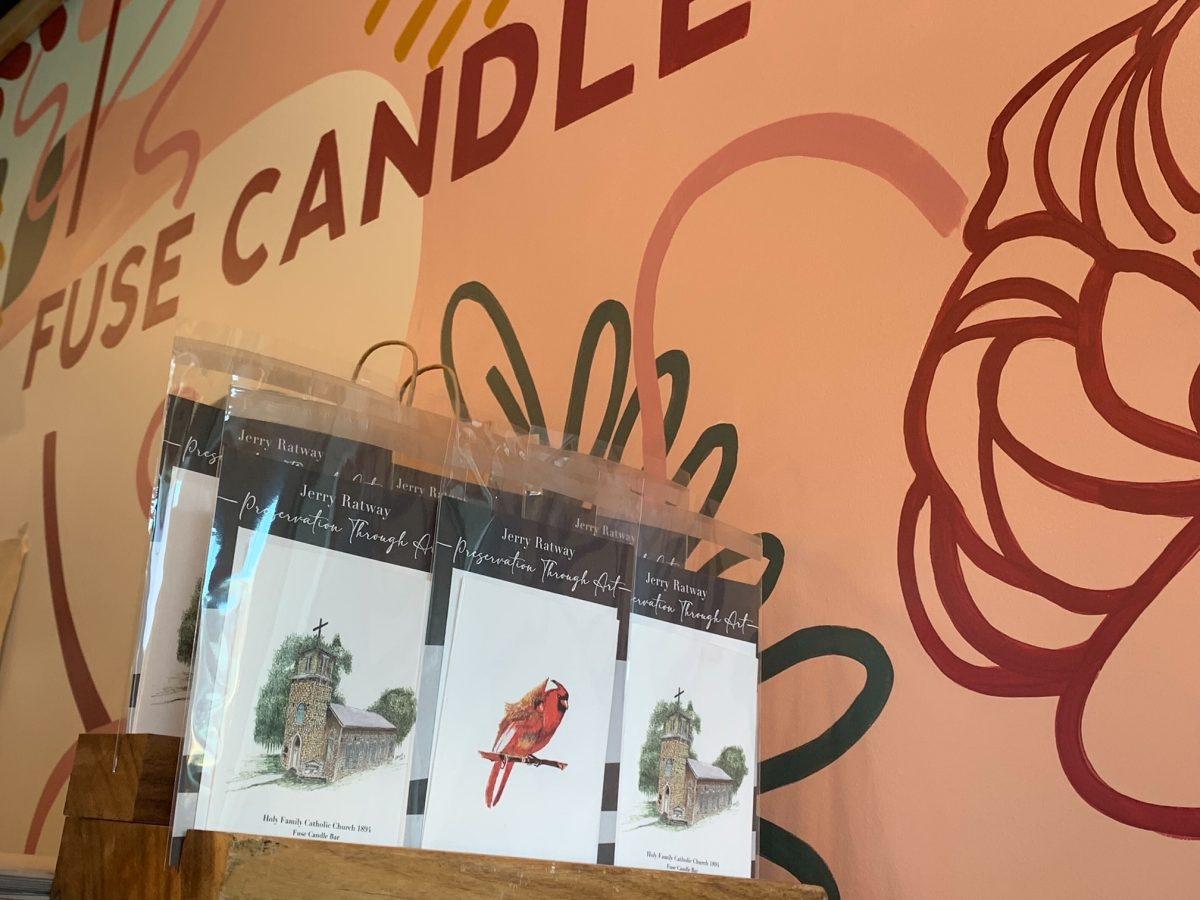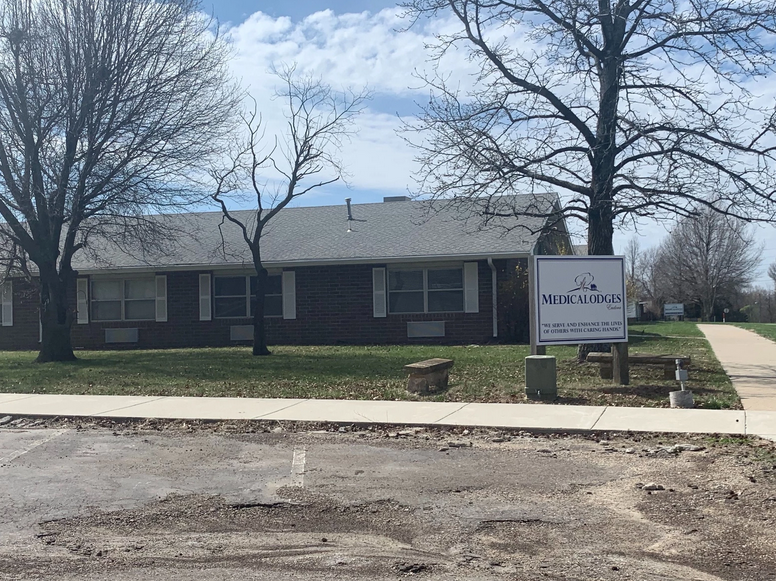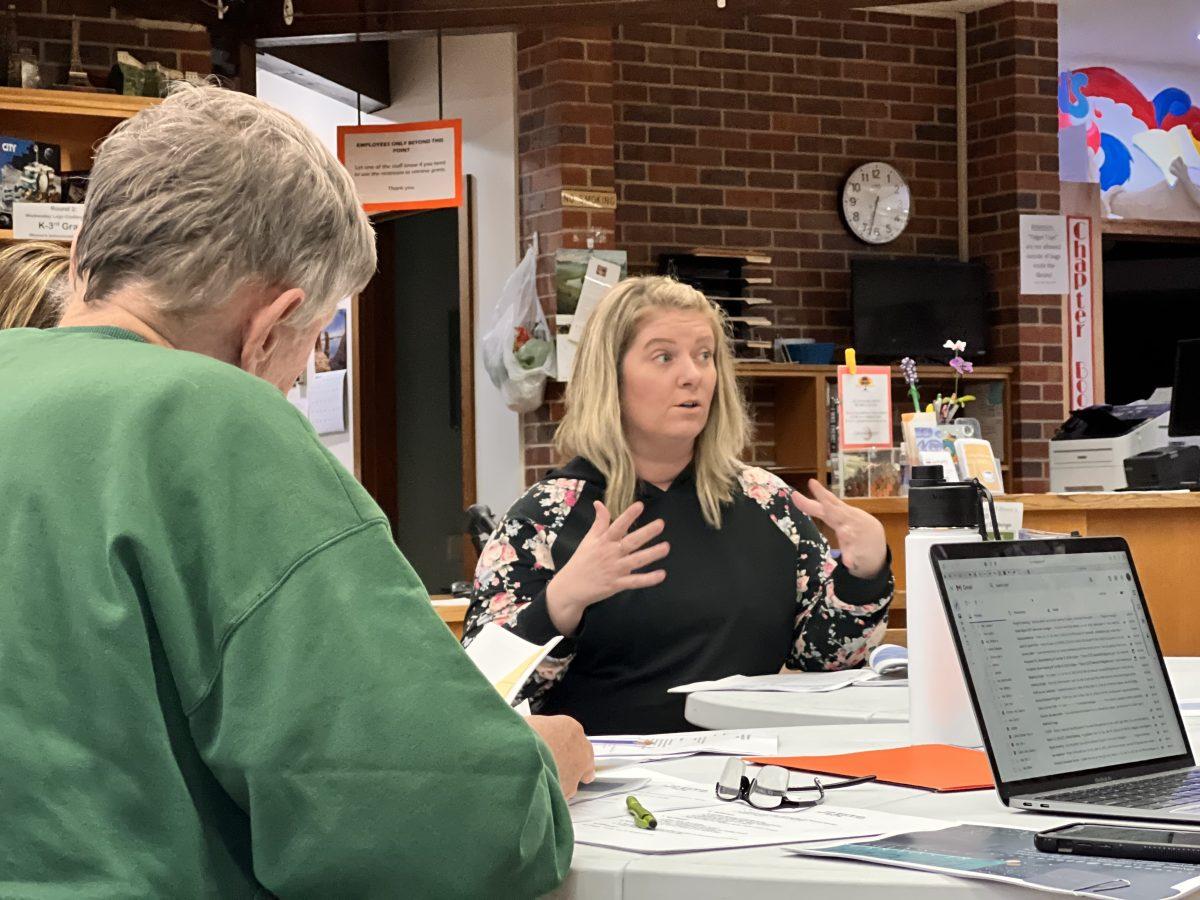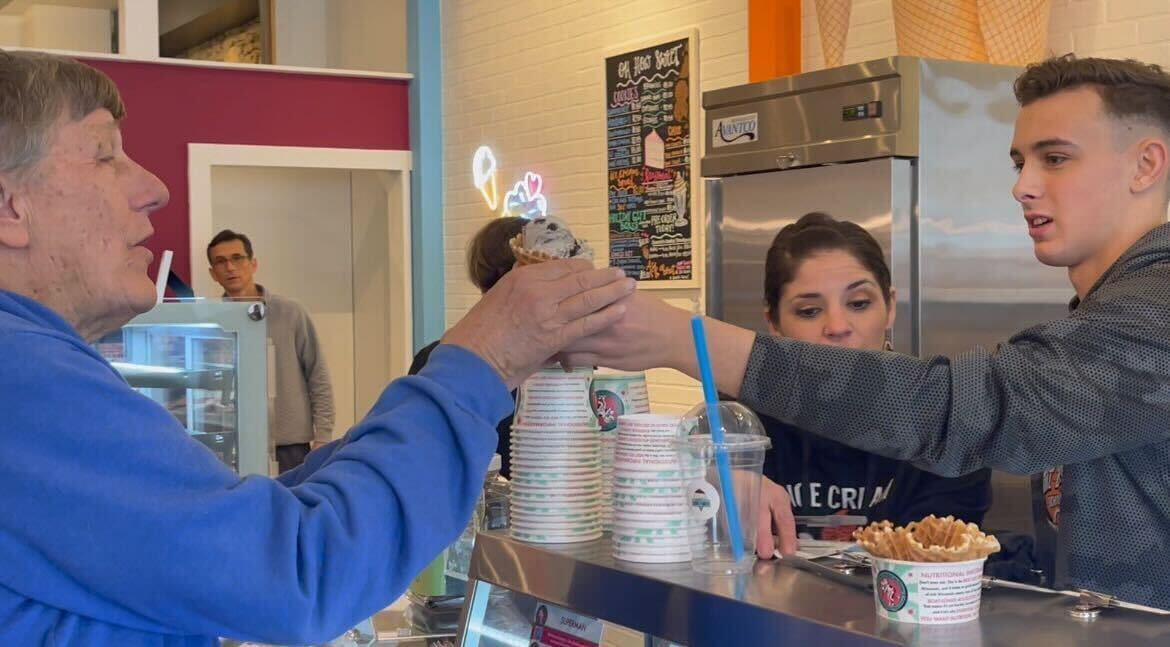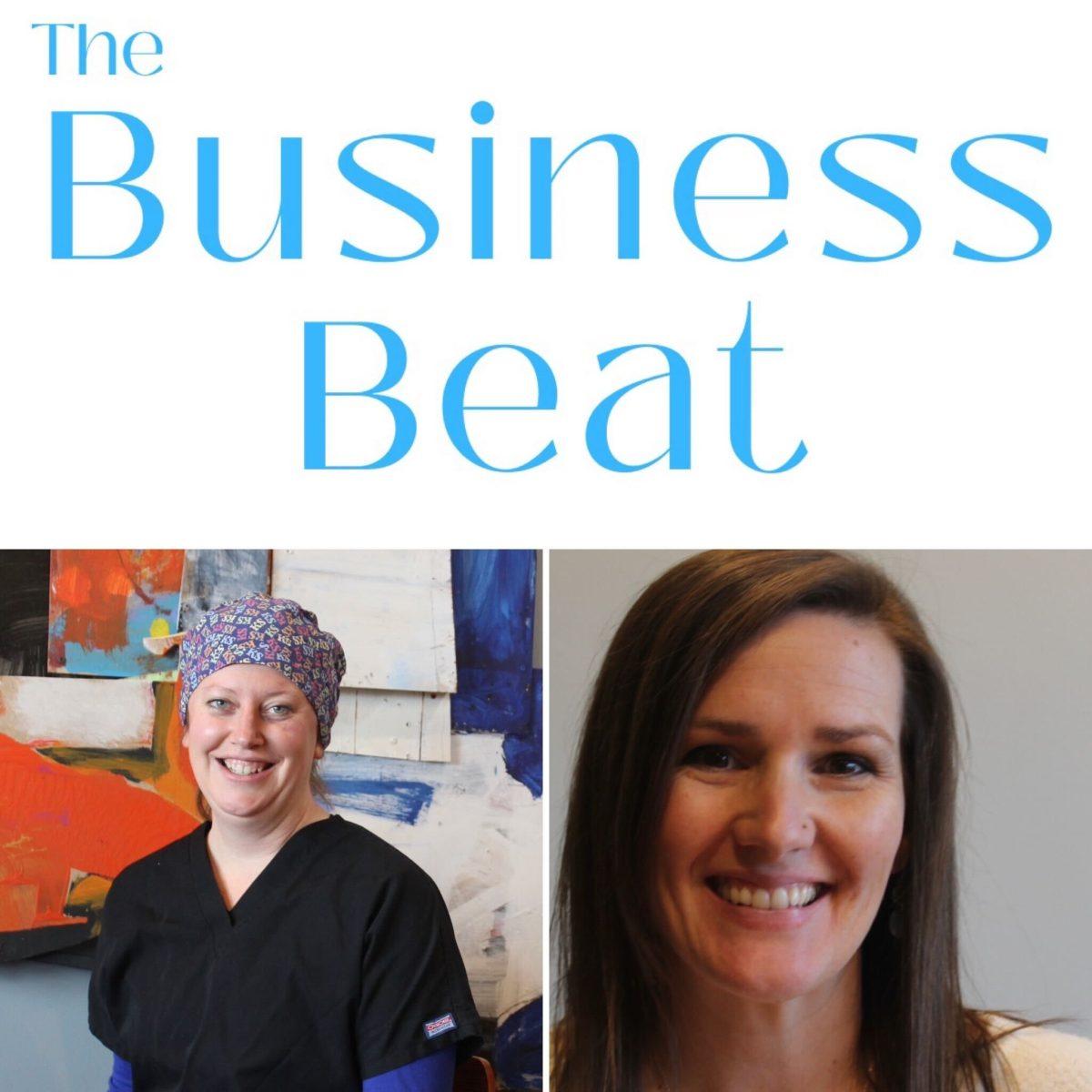From railroad magnates rivaling Jay Gould, to philanthropists, physicians and engineers, Eudora’s Jewish community in the 19th century stood apart from the town’s agricultural scene.
But what happened to these individuals, and why do only their roots remain? Questions such as these seek to be answered by University of Kansas American and Jewish Studies professor David Katzman during the Historical Society’s May program.
The May 18 event will focus on this once-thriving community of Jewish individuals, telling their unique stories, all while answering the question of why this community dispersed and where to.
“Jews were pioneers in the state, and contributed to the development of the state in the 19th century, and actually played a prominent role in Eudora,” Katzman said.
From individuals such as Asher Cohn, who built 714 Main St., to railroad magnate Newman Herb, the Jews were heavily invested in Eudora’s business economy.
This set them apart from many of the other locals, whose primary livelihoods were agricultural.
“Most of the Jews who were part of the German American Cooperative Society from Chicago, which founded Eudora, were merchants in the town, whereas most of the members of the society were farmers around Eudora,” Katzman said.
Despite their differences, Katzman said there wasn’t antisemitism in the community.
“When the Klan was dominant as anti-Jewish, anti-Catholic, anti-Black in the 1920s, there is no evidence, for example, that anyone from Eudora was involved,” he said.
With plans to further delve into the lives of some of Eudora’s most prominent Jewish residents at the time, Katzman hopes the program will provide a look into the diverse nature of Kansas’ history.
“There is a sense of people outside of Kansas who think of Kansans as all homogeneous,” Katzman said. “But in fact, Kansas in the past, as today, is a very diverse state, with different traditions, and especially in the case of Eudora, it welcomed Jews as part of the community.”
Eudora Community Museum Director Ben Terwilliger echoed Katzman’s sentiments.
“I think it shows that Eudora was pretty diverse in its early days. Not only was this place home to German immigrants, they were German immigrants that were Catholics, Protestants and members of the Jewish faith,” he said. “Eudora, when it was first started, did have quite a bit of diversity, and I think it’s important to reflect on that.”
Waylon Ziesenis, a member of the Historical Society’s board, agreed.
“The Jewish people were here from day one, so it’s important just to go back that far in history and see how it relates to Eudora,” he said.
Katzman has been at the forefront of studies on ethnic communities in Kansas, from Jews to African Americans, during the 19th century. He gave a similar presentation on Eudora’s Jewish Community in Eudora in 2011.
“I’m trained as a historian who was primarily interested in ordinary people and communities of all types, and my specialty was race, ethnicity and religion,” he said.
Katzman began researching Jewish communities in the state roughly 20 years ago.
“When I first came to Kansas in 1969, I discovered for myself the Beni Israel Cemetery outside of Eudora,” Katzman said. “I had always been interested in that 19th century community.”
Terwilliger further described Katzman’s expertise on the subject.
“He is the foremost expert on Eudora’s Jewish community. He did a lot of research on the community several years ago, and he has written about the Jewish community,” Terwilliger said.
Terwilliger said the 12-year gap in presentations provides the opportunity for new audiences to learn about Eudora’s past Jewish community.
“I think a lot of people probably aren’t even aware that Eudora had a sizable Jewish community,” Terwilliger said. “This will be a chance to learn about that and learn about the early era Jewish immigrants that helped shape the community into what it is.”
For those who attended the event the first time, it offers a chance to further their knowledge on the topic, Ziesenis said.
“I’m sure he has some new perspective on the Jewish community now, as opposed to 12 years ago when he was here,” he said.
The program will begin at 7 p.m. at the Community Center and is expected to run for 40 to 60 minutes. Admission is free and no RSVP is necessary.
“If anyone has any interest at all in history, I think it will be a great opportunity to learn of a new topic that is an important part of Eudora’s history,” Terwilliger said.
Reach reporter Jen Smith at [email protected].
Photo courtesy of the Eudora Community Museum. The Beni Israel Jewish Cemetery on the outskirts of town was founded in 1858. “Very few small towns in Kansas have Jewish cemeteries. It's pretty rare, and I think it's one of our most important historical sites,” said Eudora Community Museum Director Ben Terwilliger.
